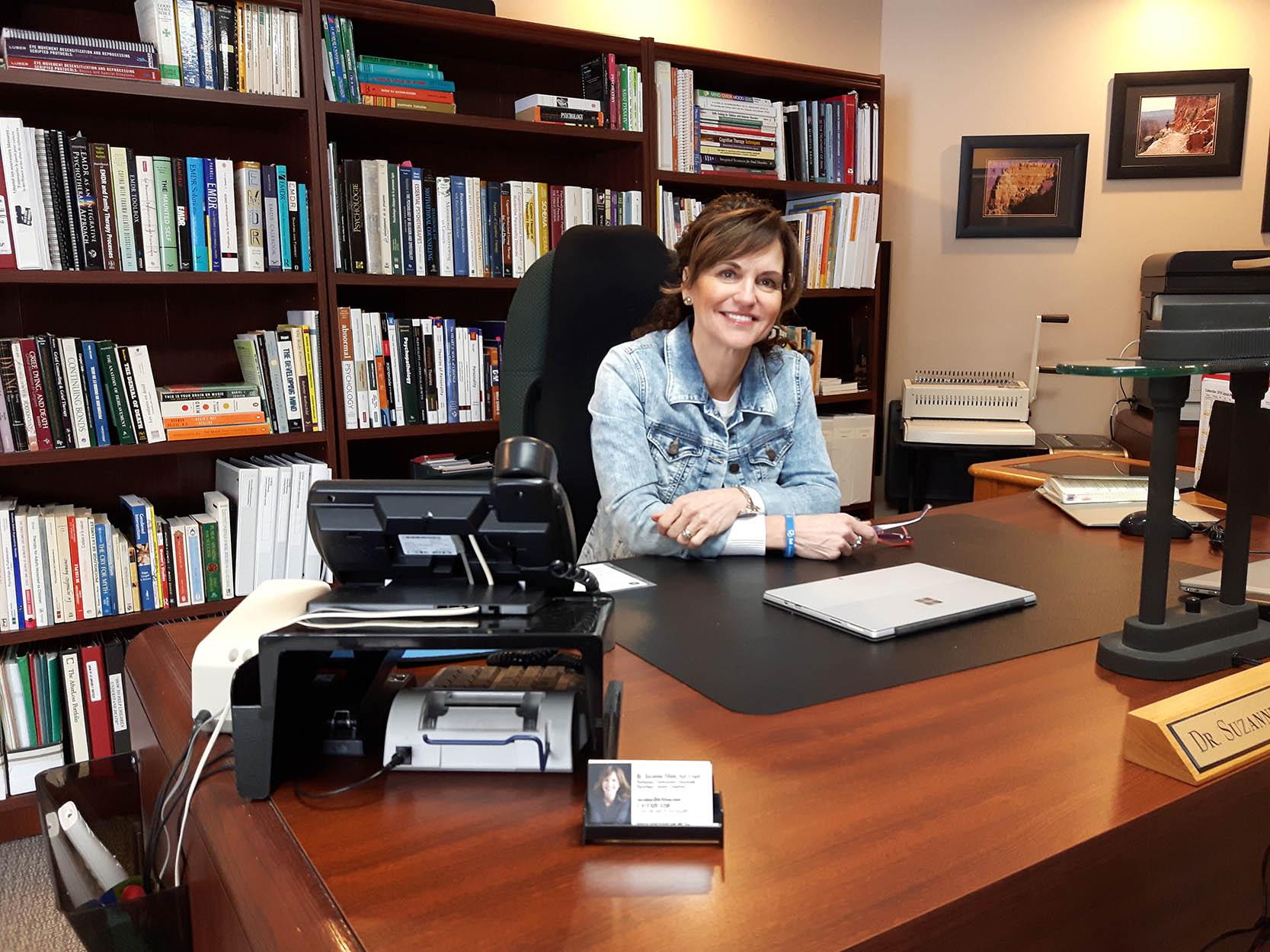If you have experienced feelings of irritability or anxiety in recent months, you are not alone. And most of these feelings can be traced back to the ongoing pandemic. But a local mental health expert has suggestions for coping.
People are in various states of frustration, anxiety, acceptance, or denial about the situation, and that has sometimes led to outbursts of behaviour not normally tolerated in public.
Most people have never witnessed a pandemic like the one currently happening. Hawkesbury clinical psychologist Dr. Suzanne Filion said that people are experiencing a combination of fatigue, grief, accumulated stress, and feeling detached from their loved ones. She explained that irritability is a result of many things.
“It’s the tip of the iceberg,” Filion commented.
Some people are resistant to mandatory mask-wearing and other public health regulations intended to curtailing the spread of COVID-19 but Filion said it is important not to generalize these situations and emphasized that most people are following the rules and are keeping their emotions under control.
“Most people are very patient; most people are wearing the mask,” Filion said.
However, she said that some people are interpreting the rules and regulations as though they are being told what to do rather than interpreting them as a way of contributing to the greater good.
“These are very common reactions to so many different issues,” said Filion.
Maintaining good mental health is important during this ongoing situation. Filion recommends that everyone should make plans to connect with nature or find an artistic activity such as music or painting to enjoy. She said that it is also important to socialize as much as safely possible.
Filion has created a series of two-minute videos on her website that offer tips on things such as sleeping and stress management. They invite viewers to “chill with Dr. Fil,” and offer a “two-minute stress management centre.” The videos are available at https://drfilion.com/en/covid-19 .
Filion acknowledged that she is seeing more examples of anxiety in people due to the pandemic, especially in rural areas. She said that rural residents have the opportunity to be healthier because they have easier access to the outdoors, but they have less access to other mental health services. Filion recommended that anyone needing mental health support in local communities call the Mental Health Crisis Service of Prescott-Russell at 1-866-996-0991, or the Mental Health and Addiction Regional Centre at Hawkesbury and District General Hospital (HGH) at 1-844-304-1414.
In addition to her private practice, Filion is also Vice President of Development and Integration at HGH. She was among the hospital staff assisting at the Pinecrest Nursing Home in Plantagenet where an outbreak of COVID-19 in May resulted in the death of 11 residents. Filion was consulting with hospital employees and local paramedics throughout the pandemic to ensure they stay mentally healthy due to the often unusual and difficult circumstances of their work.
“We were trying to prevent trauma,” she stated.
Filion said that HGH is preparing for a possible second wave of COVID-19 and continues to offer support to long-term care facilities and retirement homes.


